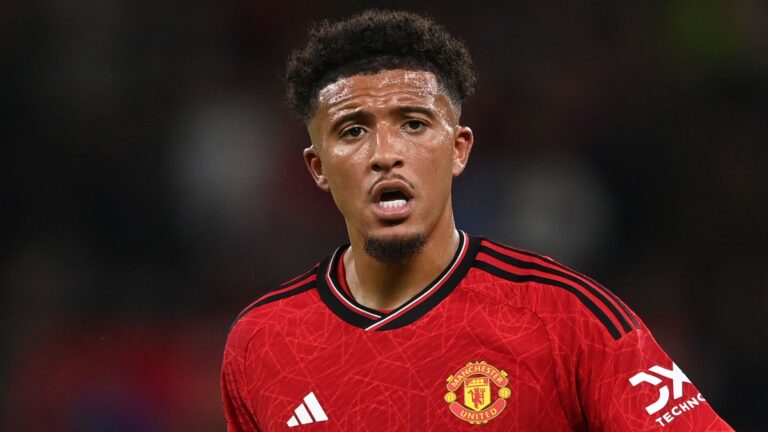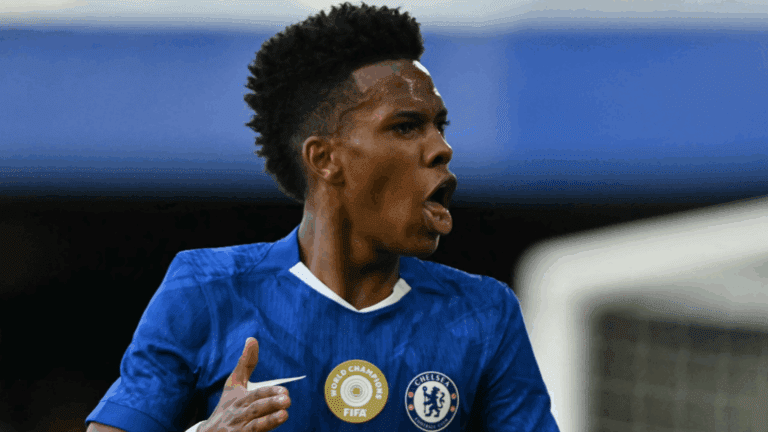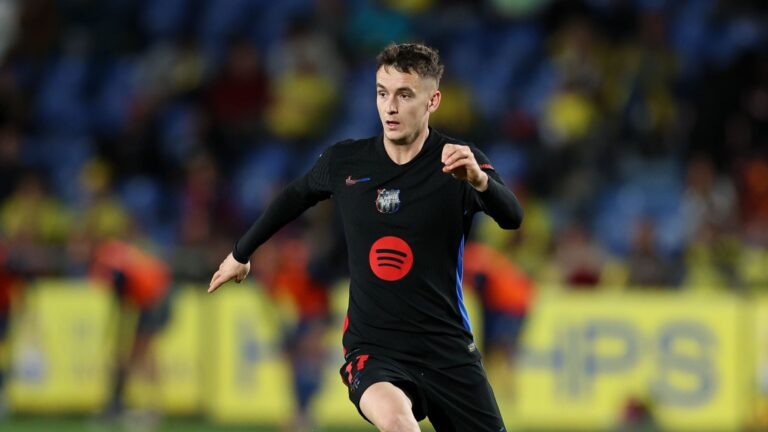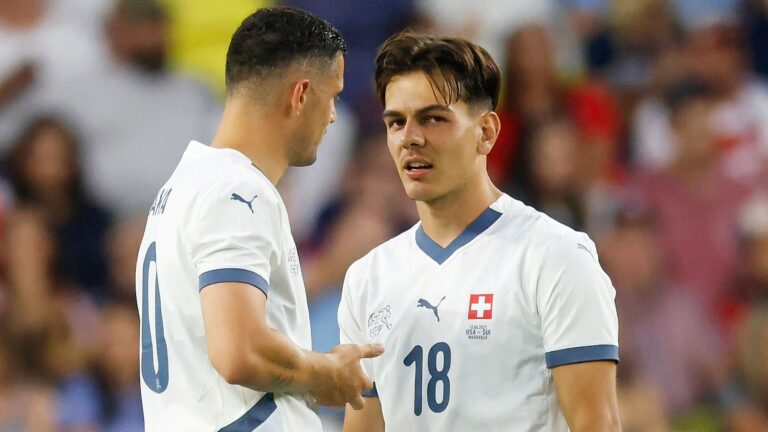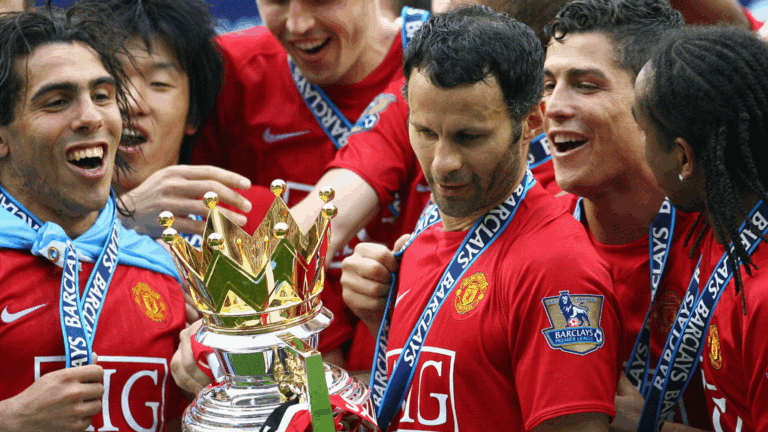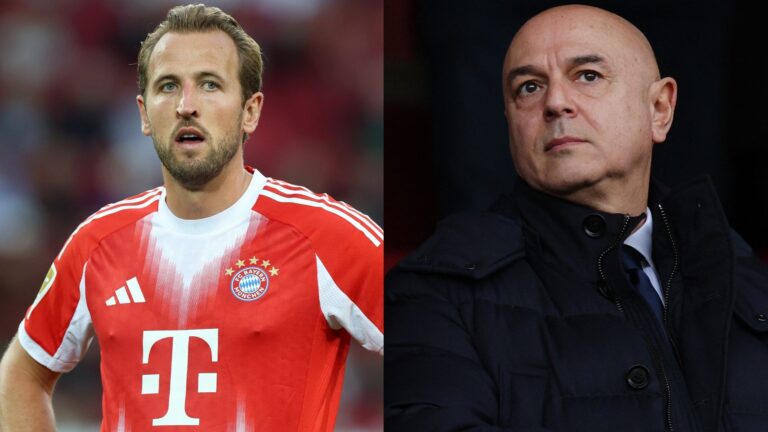Germany’s World Cup Qualification: Overcoming Confidence Hurdles
Germany and Toni Kroos are at the center of discussions about the team’s World Cup journey, as recent matches reveal deeper issues beyond mere mentality.
- Toni Kroos argues that mindset isn’t the core problem for Germany’s squad
- The team suffered a disappointing 2-0 loss against Slovakia in their qualifying matches
- A 3-1 victory over Northern Ireland provided a small glimmer of hope, though it wasn’t a dominant display



Germany’s Battle in an Achievable World Cup Group
Julian Nagelsmann’s German team encountered yet another obstacle in their World Cup qualification efforts last week, falling to a surprising 2-0 defeat against Slovakia. This setback triggered widespread frustration among players, supporters, and analysts, spotlighting potential weaknesses in the team’s psychological resilience. While they managed to recover with a 3-1 triumph over Northern Ireland on Sunday, the game remained neck-and-neck at 1-1 until late strikes from players like Nadiem Amiri in the 69th minute and Florian Wirtz shortly after, highlighting ongoing inconsistencies.
Experts had anticipated that Germany would easily navigate their qualification bracket, facing opponents such as Slovakia, Northern Ireland, and Luxembourg. Yet, they now trail Slovakia by three points, making the path tougher than expected. Should they fail to secure a top-two spot, they’d risk missing the upcoming tournament-a scenario that former star Toni Kroos describes as highly unlikely due to the group’s makeup. Recent updates show Germany’s qualification odds remaining strong, with betting markets giving them over 95% chance of advancing, emphasizing their advantageous draw.
Insights from Toni Kroos on Team Dynamics
On his podcast Einfach mal Luppen, the 35-year-old Kroos shared his views, noting, “We’re incredibly fortunate to be in a group where elimination isn’t a realistic threat.” He delved deeper into the underlying challenges, suggesting that self-assurance and skill levels are the real culprits rather than a lack of resolve.
Addressing the Fear of Errors
“It’s not primarily about missing mental toughness,” Kroos explained. “Instead, it’s tied to a lack of belief in oneself and overall performance. There’s an apparent hesitation to take risks, which might give off the impression of reluctance, but it’s more about internal doubts than unwillingness.” He stressed that this doesn’t mean the players are unmotivated, but rather that external perceptions can be misleading.
Building on this, Kroos pointed out: “In clashes like the one with Slovakia, the underdog often brings more intensity because they know they must overcompensate. Historically, Germany leveraged their superior talent to edge out victories, but that’s not happening as smoothly today.” For instance, just as a underprepared favorite might struggle against a motivated challenger in sports like tennis, Germany’s edge is eroding without the same level of execution.
Looking Ahead: Restoring Form for 2026
As the 2014 World Cup champions prepare for upcoming fixtures in October against Luxembourg and Northern Ireland, the emphasis shifts to rebuilding morale under Nagelsmann. With their spot in the tournament virtually secured, as evidenced by recent FIFA rankings placing Germany comfortably in the top 10, the priority is fine-tuning strategies to ensure a more polished performance heading into 2026. Updated statistics from UEFA qualifiers indicate that teams in similar positions have bounced back with focused training, offering a blueprint for Germany’s revival.
Reporting contributions by Marko Brkic.
Toni Kroos Discusses Germany’s World Cup Group
Germany’s national team often enters the World Cup with high expectations, and their placement in a favorable group can sometimes mask underlying issues. Midfielder Toni Kroos, known for his tactical prowess and candid opinions, recently shed light on the critical challenges facing the team despite being in an advantageous group like Group E in the 2022 FIFA World Cup. With opponents such as Japan, Spain, and Costa Rica, many viewed it as a winnable stage, but Kroos emphasized that success isn’t guaranteed without addressing key vulnerabilities.
Understanding Germany’s Favorable Group
A favorable World Cup group for Germany typically means facing teams that are competitive yet not overwhelmingly dominant, allowing for strategic buildup. In the 2022 tournament, Germany’s Group E included powerhouses like Spain alongside underdogs like Japan and Costa Rica. This setup offered opportunities for Germany to secure early wins and build momentum.
However, Kroos pointed out that even in such groups, the pressure of expectations can lead to mistakes. He highlighted how teams like Japan have shown resilience in past FIFA World Cup matches, posing threats through speed and organization. Keywords like “Toni Kroos Germany challenges” and “World Cup group stage difficulties” reflect the ongoing discussions around how a seemingly easy draw doesn’t eliminate the need for peak performance.
Kroos, drawing from his extensive experience with both Real Madrid and the German national team, stressed that familiarity with opponents can sometimes breed overconfidence. For instance, facing Spain, a familiar rival from European competitions, requires meticulous preparation to counter their possession-based style.
Critical Challenges Highlighted by Toni Kroos
Kroos identified several key obstacles that Germany must navigate in their World Cup journey, even in a favorable group. These include:
- Defensive Vulnerabilities: Germany’s backline has been a point of concern in recent tournaments. Kroos noted that against quick counter-attacking teams like Japan, any lapse in defense could be costly. He specifically mentioned the need for better coordination to prevent the kind of upsets seen in previous World Cups.
- Midfield Dominance and Fatigue: As a central figure in midfield, Kroos emphasized the importance of controlling the game’s tempo. In a favorable group, maintaining energy levels is crucial, especially when facing teams that press high. Fatigue from club schedules can exacerbate this, making recovery and rotation essential.
- Psychological Pressure: The weight of Germany’s World Cup history, including their 2014 triumph, adds mental strain. Kroos shared that in his discussions with teammates, the fear of early elimination-despite a favorable draw-can lead to conservative play, stifling creativity.
- Injury and Squad Depth Issues: Kroos pointed out that injuries to key players, as seen in the 2022 squad, limit options. For example, without full-strength defenders, adapting to different group stage opponents becomes challenging. This underscores broader “Germany World Cup challenges” that extend beyond tactics.
These insights from Kroos provide a realistic view, reminding fans and analysts that a favorable group doesn’t equate to automatic qualification.
Benefits of Toni Kroos’s Experience for the Team
Toni Kroos’s vast experience offers tangible benefits for Germany in tackling World Cup group stage hurdles. His career highlights, including multiple Champions League wins, bring a level of tactical wisdom that can be directly applied. For instance, Kroos advocated for enhanced team bonding sessions, which helped in his time with the squad, fostering better on-field chemistry.
Drawing from first-hand experience, Kroos recounted how his role in Germany’s 2014 World Cup victory involved breaking down defenses in groups similar to 2022’s. This experience translates to practical advice, such as focusing on set-piece drills to exploit weaker teams, turning potential advantages into goals.
Practical Tips for Overcoming Challenges
Based on Kroos’s commentary, here are some actionable tips that Germany’s coaching staff and players can use to navigate their favorable World Cup group effectively:
- Enhance Tactical Flexibility: Teams should practice switching formations quickly, as Kroos suggested, to counter varying opponent styles. For example, using a 4-2-3-1 against Spain could help maintain possession while defending against Japan’s counters.
- Focus on Mental Preparation: Incorporating mindfulness and simulation training can mitigate psychological pressure. Kroos recommended reviewing past matches, like Germany’s 2010 group stage win over Australia, to build confidence.
- Prioritize Fitness and Recovery: With squad depth in mind, rotating players in friendlies before the tournament is key. Kroos emphasized personalized recovery plans to avoid fatigue, drawing from his own routines at Real Madrid.
- Leverage Data and Analytics: Using advanced scouting to analyze opponents’ weaknesses, such as Costa Rica’s vulnerability to set pieces, can provide an edge. This tip aligns with modern FIFA World Cup strategies that Kroos has championed.
Case Studies from Previous Tournaments
Looking at historical case studies, Germany’s 2018 World Cup experience in Group F-facing Mexico, Sweden, and South Korea-serves as a cautionary tale. Despite a favorable draw, defensive errors led to an early exit, echoing the challenges Kroos highlighted. In contrast, the 2010 World Cup saw Germany excel in Group D against Australia, Serbia, and Ghana by emphasizing midfield control, much like Kroos’s approach.
These examples illustrate how even in favorable groups, addressing critical challenges head-on can determine outcomes. Kroos’s insights continue to resonate, offering valuable lessons for future campaigns.
By integrating Toni Kroos’s expertise, Germany can transform potential pitfalls into stepping stones for success in the World Cup, ensuring they make the most of their advantageous positioning. (Word count: 758)


